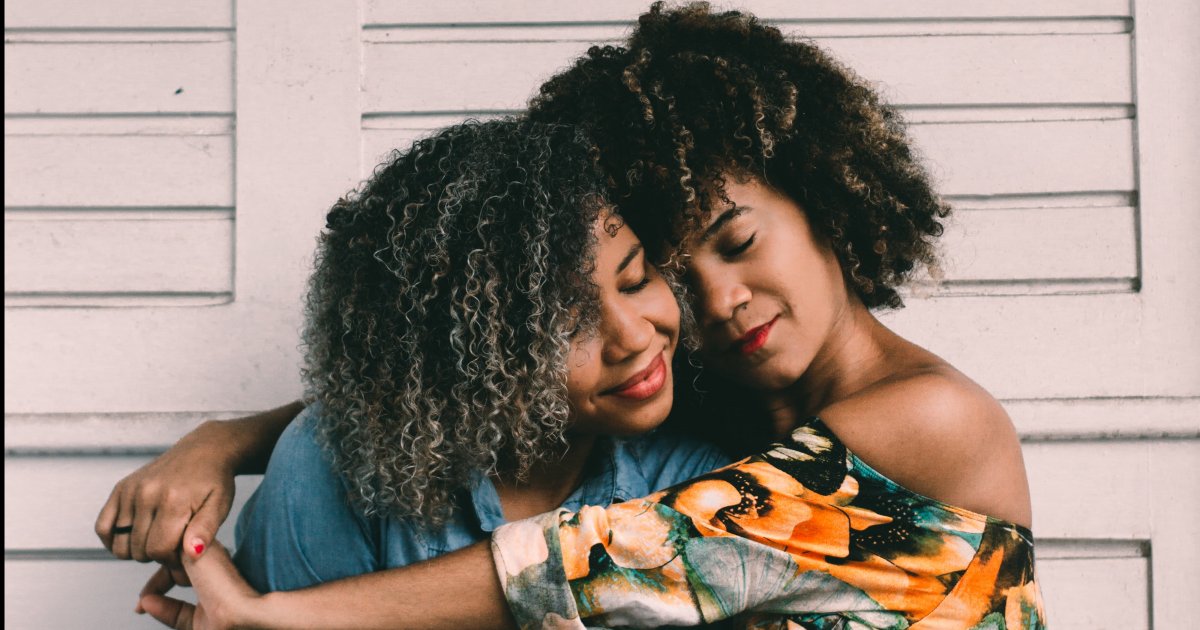Supporting a Loved One
- The warmer weather is usually filled with more outdoor activities, longer days, and added cheer as spring arrives. However, for those fighting cancer, emotions may be high. Here’s some advice on how to help loved ones battling cancer who may be feeling anxious or lonely this season.
- Those battling cancer often deal with those emotions during treatment, and isolating during the holidays could also cause a feeling of loneliness.
- SurvivorNet shares helpful guidance on supporting a loved one battling cancer when worries of loneliness emerge.
Cancer patients undergo an extreme amount of stress, and there are a number of common things cancer patients can experience, such as anxiety, depression, financial toxicity, social isolation, and sometimes even PTSD, Dr. Shelly Tworoger, a researcher at Moffitt Cancer Center, told SurvivorNet in a previous interview.
Read More1. Talk to Your Loved One
Sometimes, the best way to help ease any negative emotions is to talk through them. Although you may not be able to fully understand the battle your loved one is facing, it never hurts to let them get those feelings off their chests. Some people may opt to channel their emotions through artistic outlets such as painting or journaling, but no matter what, feeling reassured and supported is a very important part of one’s cancer journey.2. Include Them in Activities
Thanks to technology, connecting with a person you care about, even if they are far away, is easier than ever. Just because they can’t be there in person doesn’t mean you can’t enjoy some activities together. Emotional health plays a very important role in someone’s cancer journey, especially since studies show that patients who can stay positive typically see better treatment outcomes.Related: What Still Brings You Joy? Your Emotional Health is So Important to Living with Cancer
A helpful way to create a positive mindset is by doing activities you enjoy. This could be anything from playing a card game over Zoom to simply kicking back with a glass of wine. No matter your choice, it’s important to ensure your loved one doesn’t feel completely alone during the holiday season.
Dr. Dana Chase explains how emotional health is key during a cancer journey
3. Remind Them You’re Still There
As more outdoor and physical activities take hold, it’s important to remember your loved ones who may not be able to do as much because of ongoing treatment. In these instances, consider gift-giving to remind your loved ones they are not forgotten. Whether it’s a card, a present, or a home-cooked meal, a small gesture can really go a long way.
Learn more about SurvivorNet's rigorous medical review process.

